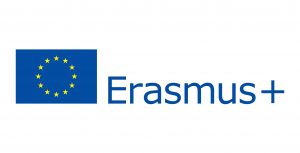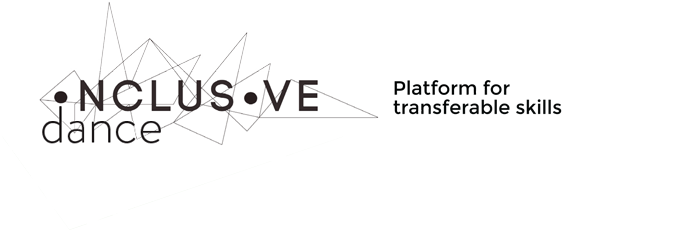Why this Platform?
- This platform is for dance performers, choreographers, teachers, movers and anyone that would like to challenge their boundaries of their own movement practice.
- This platform offers a playground of exploration to rethink the potential of movement and dance practice in a wider, interdisciplinary and inclusive manner.
- This platform encourages dance artists to redefine their position in society and represent their artistic approach in society.
- This platform continues to explore the transferable skills of a dance artist – a continually expanding area that acknowledges the embodied skills of a dancer in a range of environments.
Our Mission
This platform aims to promote and explore an inclusive perspective on dance: Dance art that embraces society more than is visible on the surface. We are convinced that dance can learn from other sectors and other sectors in society can learn from artistic movement & dance practice. That is why we aim for a hybrid community of dance students, teachers and professionals to connect with other work fields, expertise and disciplines inside and outside the artistic domain.
One recent development in dance & movement practice is the use of dance for societal means: tools from dance and movement techniques, perspectives and creative concepts are integrated in the practices of health, personal development, creative thinking, social development projects and many other fields. Thus, current dance practice offers opportunities to contribute directly to society.Our aim is to offer a wide(r) definition on what it means to be a dance artist right now. A dance artist that acknowledges potential of contemporary craftsmanship to transfer skills, values and knowledge into other domains of human life. We hope this platform exemplifies and inspires ways to transfer this knowledge and experience into other practices, contexts and social environments. We value the qualities of dance to offer new creative strategies for non-dance focussed contexts and challenges.
In contemporary society, dance & movement practices are changing rapidly, and this influences craftsmanship in current practices and career possibilities of the dance artist. Moreover, this artistic practice often takes place in an interdisciplinary setting. The dance profession is considered a process-based practice: the so-called product is never finished and will continue to develop over time. Creation is often the result of shared and engaged learning experiences. Acknowledging the different components of the work setting makes it possible to reconsider the position of the dance and/or dance artist in society.Recent trends have seen dance as an active role in inclusive settings, leading projects that can change lives, business practice or influence society.
It is our responsibility as dance artists, teachers, choreographers and engaged others, to continue to interact with society on all levels, in order to integrate dance and movement practice responsibly in all environments, and acknowledge the transferable skills that are inherent in our embodied dance practice.
This platform is an initiative by the Royal Conservatoire Antwerp Artesis Plantijn University College (BE), Duncan Centre Conservatory in Prague (CZ) and Fontys Dance Academy in Tilburg (NL), in co-operation with their respective partners DEMOS Antwerp, Parkinson Help vz Prague and Tilburg Dansstad/ DansBrabant that form a consortium in the Erasmus+ Project Inclusive: The transferable skills of the dance artist (2014-2017). For the project each institution worked around a theme connected to inclusive approaches and the transferable skills of the dance artist.
Dance and Diversity by Royal Conservatoire Antwerp Artesis Plantijn University College (BE)
The Antwerp team focused on the theme re-thinking bodies in new and existing dance practices, national and international, accessible for dancers with and without disabilities that are interested in movement and dance being inclusive for dancers with a variety of physical and mental abilities.
Dance and Somatics by Duncan Centre Conservatory in Prague (CZ)
Team Prague worked with somatic skills and the embodied knowledge of the moving body of oneself and others and spatial skills (e.g. how to navigate space). The combination of somatic and artistic practices was researched with para-medicals, dancers, visually impaired people and people with Parkinson disease throughout Czech Republic.
Dance and Public Space by Fontys Dance Academy in Tilburg (NL)
The theme of Tilburg has a long history in the program of the academy. Tilburg aimed for an explication of the theme through practice based research around dance in public spaces and the effects on the art, the artist and the public space by changing contexts.
This platform is facilitating the Inclusive Dance Community and is connected to offline events by the different academies and the sharing community. Contact the editorial board : info@inclusivedance.eu

